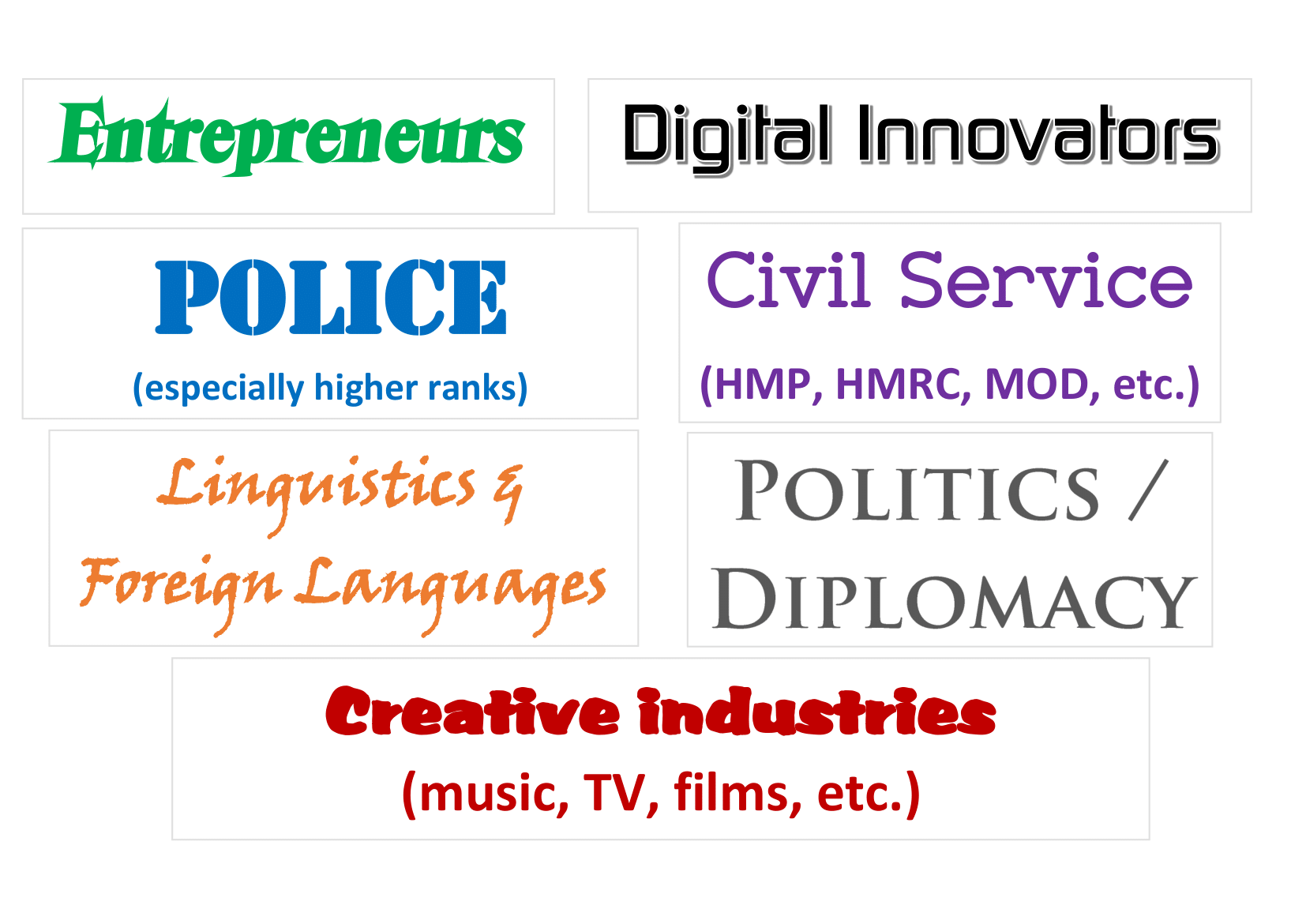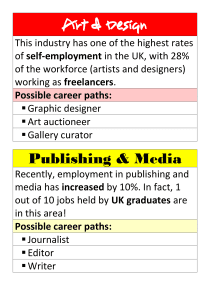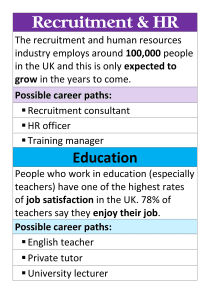
Welcome to the English Department

Our Intent
English is a subject that is exciting because it celebrates the breadth of the human imagination and the extraordinary power of language. It explores the most central human concerns: the relationship between individuals and communities; the difficult choices we all face in life and our emotional and intellectual development. Simply put, English is great to study because it informs every other subject. If you get better at English, you get better at every other subject because English is at the core of our curriculum. English not only teaches you about the core principles of communication: speaking, reading and writing, but it also teaches you about life and culture. The main focus of our department is to support every learner with the core principles of the subject: reading, writing and spoken English and to foster pupils’ understanding of the personal and social importance of spoken and written language. Language gives pupils power over their own lives and empathy with the lives and experiences of others and in doing this supports and celebrates the values of Branston Community Academy. We encourage this understanding through the study and enjoyment of a wide range of literature, non-fiction and media text.
| Autumn | Spring | Summer | |
|---|---|---|---|
| Year 7 | Autobiography and Introduction to Poetry | Play: Frankenstein, Crime Fiction | Introduction to Shakespeare, Non-Fiction Travel Writing |
| Year 8 | Novel: Refugee Boy, War Poetry | Shakespeare, Nineteenth Century: Animals | Non-Fiction: The News Introduction |
| Year 9 | Novel and Poetry from other cultures | Richard 3rd, Dystopian Fiction | Literacy non fiction |
| Autumn | Spring | Summer | |
|---|---|---|---|
| Year 10 Literature | Dr Jekyll and Mr Hyde or Frankenstein | Blood Brothers, An Inspector Calls or Lord of the Flies | Romeo and Juliet |
| Year 10 Language | Begin to dip into poetry, Descriptive and narrative writing | Continue poetry anthology: Past and Present, Writing to Argue | Language Section A |
| Year 11 Literature | Language Papers Sections A and B | Dr Jekyll and Mr Hyde / Frankenstein & Romeo and Juliet | Revision and Exams |
| Year 11 Language | Revision of Blood Brothers / An Inspector Calls / Lord of the Flies, Poetry Anthology | Revise Both Language Papers | Revision and Exams |
| Autumn | Spring | Summer | |
|---|---|---|---|
| Year 12 | Teacher 1 -Othello Teacher 2 - Death of a Salesman | Teacher 1 -Othello & The Poetry of John Keats Teacher 2 - Death of a Salesman & The Poetry of John Keats | Teacher 1 - The Handmaid's Tale & NEA 1 Teacher 2 - The Kite Runner & NEA 2 |
| Year 13 | Teacher 1 - The Handmaid's Tale & NEA 1 & Revision Teacher 2 - The Kite Runner & NEA 2 & Revision | Teacher 1 - The Poetry of William Blake & NEA 1 & Revision Teacher 2 - The Poetry of William Blake & NEA 2 & Revision | Revision |
- "The texts highlighted in red tie to preparation for Paper 1 of the Literature A-Level – this relates to a study of Tragedy, and students here will need to be able to explore the rise and fall of various characters as well as their failure to recognise cosmic signs that their end was inevitable. Paper 1 is a CLOSED TEXT Exam, which means that students will NOT be able to access texts in the exam hall. Retention of key quotations is therefore imperative."
- "The texts highlighted in grey tie to preparation for Paper 2 of the Literature A-Level – this relates to a study of texts that explore social and political protest, and students here will need to engage with criticisms of oppressive regimes and some cultural traditions. Paper 2 is an OPEN TEXT Exam, which means that, whilst students WILL have access to blank copies of the selected texts, they will nevertheless need to have a very strong working knowledge of where to find specific references."
- "The NEA (in turquoise) is a Non-Exam Assessment; you will be more familiar no doubt with the term ‘Coursework’! Students in Literature are required to complete two such pieces:
- 1) An independent study based on a book selected from a list that is explored through either a Feminist, Marxist, or Post-Colonialist critical lens. Students here will be able to design the question they want use for the essay
- 2) A study based on the work of one of two poets whose work will be explored over the term.
Philip Larkin – The questions for which explore his work through a Literary Classic/Canonical lens. - Ted Hughes – The questions for which explore his work through an Eco-Critical lens.
Students will select from a bank of pre-arranged questions. "
- "Revision, whilst fairly self-explanatory is something that you’ll note we’re keen to begin from the start of Year 13 if not before. Tasks set will often require collaborative retrieval of information in group tasks to create quote databases, or working as a group to deliver presentations of themes/concepts. We will also ensure thorough exposure to exam questions to acclimate them to the variety of matters they could be asked to write about. Students’ own independent study is vital for success however, as the content for Paper 2 and the finishing of NEAs is something we also have to focus on in lesson times."
Extra Curricular Activities and Clubs
We encourage all students to participate in the extra-curricular programme we offer. Our clubs and activities are designed to be inclusive for all; the broad range on offer ensures that there is something for students of all ages, abilities and backgrounds to get involved with. We regularly review our offer to meet the ever-changing needs of our students.
The extra-curriculum clubs and activities for the current (and previous) academic term can be found by visiting the link below.
Career Pathways
Why should I study English Language after GCSEs?
Language is one of the most powerful tools humans possess, and it takes a long time to learn the rules to be able to communicate effectively.
Employers say that one of the most valuable things they look for in the people who work for them is good communication skills – which means writing, presenting, and listening in addition to talking. (Being able to write a good cover letter which is free from mistakes can also be key to getting that job in the first place!)
Why should I study English Literature after GCSEs?
Studying English literature helps to sharpen your analytical skills. If you can take a text and find the themes, then connect it with other texts, theories and historical events, you are showing that you can handle complex ideas, search for patterns and interpret information in a wider context.
You will also develop your planning and research skills as well as gain knowledge of history, culture, philosophy and even human behaviour.
How will studying English help with a career in different fields?
English is good for any job that involves communication, writing and/or literary knowledge.
Careers in the sciences, engineering, technology and maths also need more English than you think. Writing proposals, academic papers & articles and communicating with others is key to getting funding for projects and reaching people with your work.
What subjects does English help with at A-level?
English helps with everything! In fact, English was the second most popular A-level subject in 2013*. It is especially helpful with essay subjects like history or politics, and goes well with social science subjects that look at human behaviour, such as psychology or sociology. If you enjoy the English language, you could consider studying another language, which can lead to many careers for language enthusiasts.
*All English subjects combined
What degrees do I need A-level English for?
In addition to an English degree, other courses such as drama, media studies, American studies and law degrees will also ask for an English literature or language A-level.
A-level English literature may also be required for degrees in: Classics, French and other modern languages, teacher training, history, history of art, politics, religious studies, and speech therapy.





